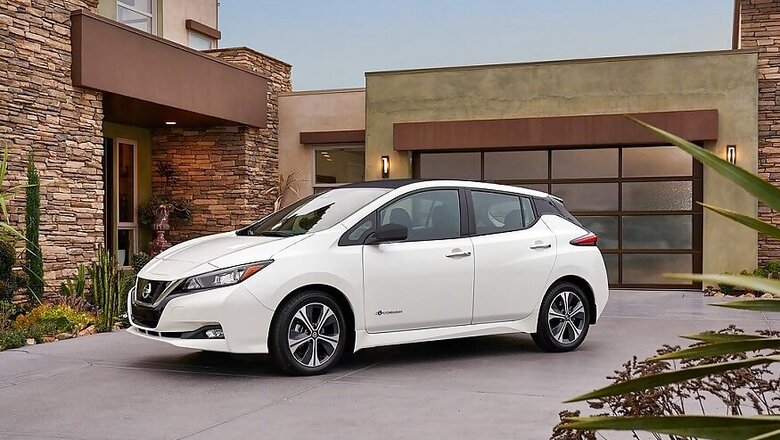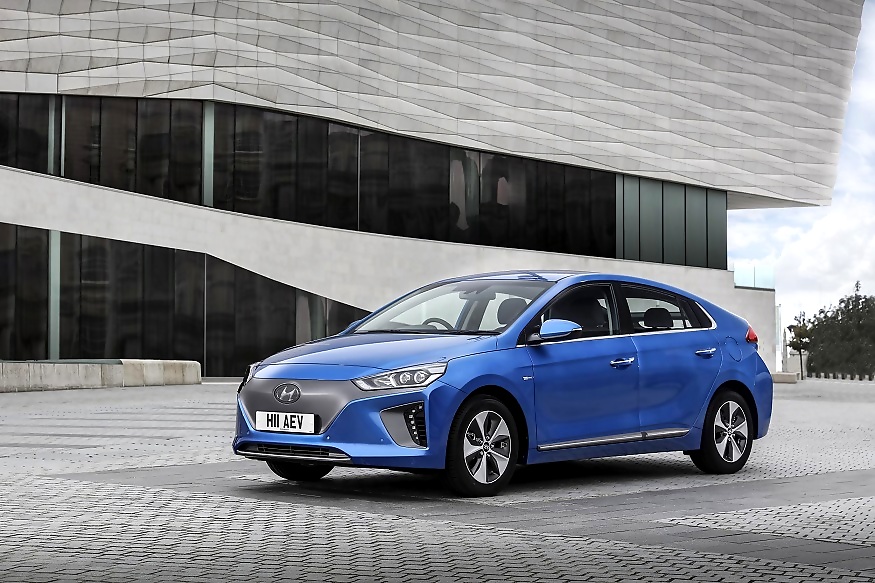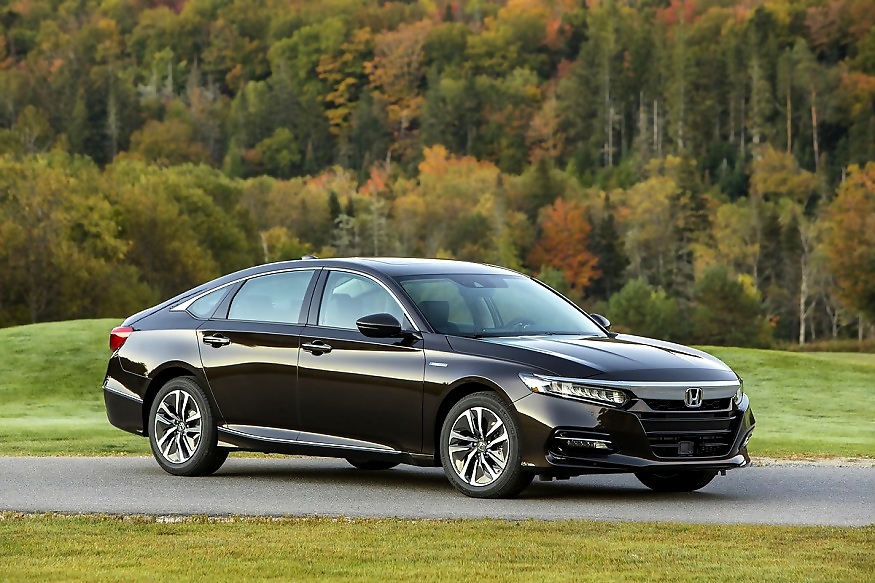
views
The Green Car Journal has officially named the five finalists that will compete for the annual accolade, the winner of which will be announced at the Los Angeles Auto Show on November 30. It's been 10 years since the award was launched and over that time the automotive landscape has changed beyond recognition.
Today, every major manufacturer is investing heavily in technologies that reduce gasoline consumption through more and more efficient internal combustion engines or do away with it altogether in favor of battery packs and even hydrogen fuel cells.
"This year's Green Car of the Year finalists reflect the continuing evolution of the automobile and the drive toward ever-greater environmental compatibility," said Ron Cogan, editor and publisher of the Green Car Journal. In fact, the only thing that this year's short-listed finalists have in common is that they are all built by Asian carmakers.

Honda has made the cut twice this year, with the Accord and the Clarity. The Accord for its choice of incredibly efficient, compact gasoline engines that increase MPG without sapping responsiveness; or the option of a revised hybrid model that uses two motors.
The Honda Clarity meanwhile is less a car and more a micro car range in and of itself -- available as a plug-in hybrid car, a plug-in battery electric vehicle or as a hydrogen fuel-cell vehicle. And while hydrogen refilling stations are still an unusual sight on most major highways, the Green Car Journal has singled out the hybrid version of the clarity for praise as it's capable of covering a very impressive 47 miles on battery power alone and a total driving range (with the gasoline motor recharging the batteries) of 340 miles.
The same is true of Hyundai's new Ioniq. It is available as a traditional hybrid, a plug-in hybrid or plug-in battery electric car. The hybrid has won praise for its 59mpg efficiency in highway driving situations, while the plug-in hybrid version is capable of 27 battery-only miles and a total driving range of 654 miles before battery pack and fuel tank are empty.

Nissan is nominated for the second-generation Leaf, the car that showed mainstream automakers were taking the environment seriously and to this day the best-selling plug-in electric car in the world. New for the 2018 model year are an extended range -- 150 miles between charges -- plus a suite of active driver aids that continue to help it stand out from increasing completion.
The final of the five finalists is the Toyota Camry, which has made the cut thanks to very efficient gasoline engines, plus a new hybrid model that at 53mpg offers almost the same highway driving efficiency as the Toyota Prius.
Also Watch:















Comments
0 comment